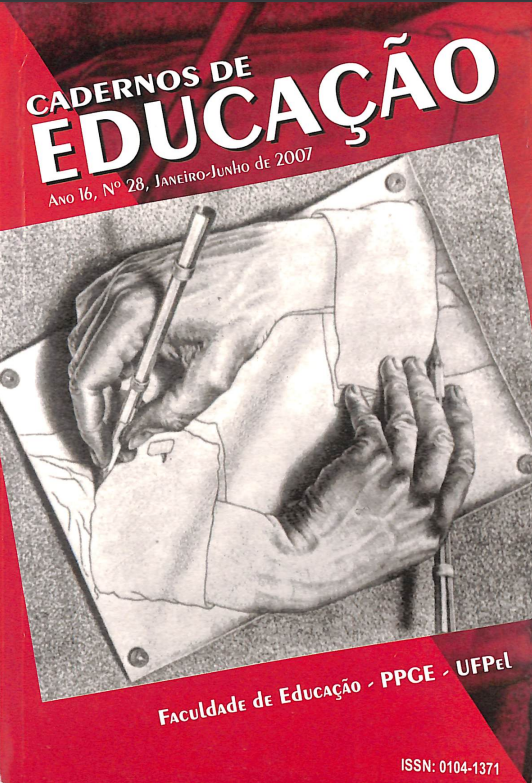INSTRUCTIONAL COMPUTING IN SPECIAL EDUCATION
interactivity and social representations
Abstract
The succession of important current events of a globalized world produced changes in differents parts of society. This new view allows the performing of relevant changes in the educational context by the use of technological progresses as new possibilities and challenges in the teaching-learning process. In these times of changes and conquests, the Special Education could be rethinked in its totality and adapted to the new times by using available resources as base to the learning process of people with special educational needs (SEN). Due to these paradigms, it becomes necessary an investigation that analyses the social representations of SEN and their interfaces in relation to the use of new technologies of information and communication (TIC). The work was developed at the Federal University of Santa Maria/RS, in the Childish Development Center, with a group of six students that had taken part in the AIA Project – Educative Informatics in a Computing Environment of Learning. The instrumental used to collect data were observations, diary notes and semistructured interviews with students. The information collected was analyzed through a thematic analysis procedure. Among several results, it is possible to conclude that the social representations of the students in relation with the use of informatics indicate the idea of a new opportunity of learning. Their speeches reveal the value assigned to the classes with computing help, indicating qualitative improvements, such as: improvement of students’ self-esteem, that feel capable and motivated while developing complex activities, proving there is no limits to learning; overcoming selfishness, with a space to collaboration among students, besides an increasing students’ interest in learning into an environment where all learn together.


